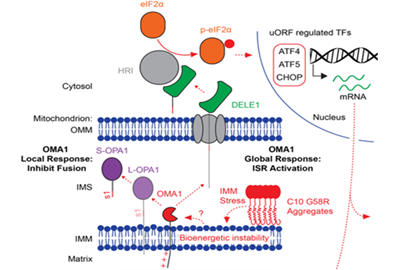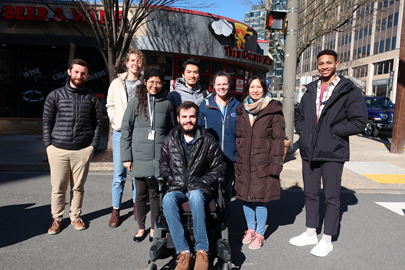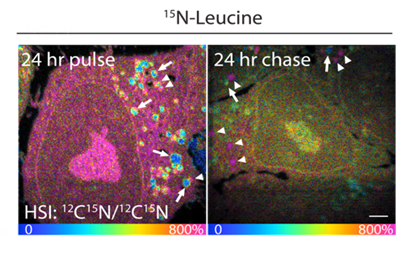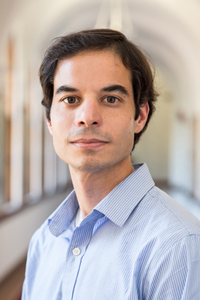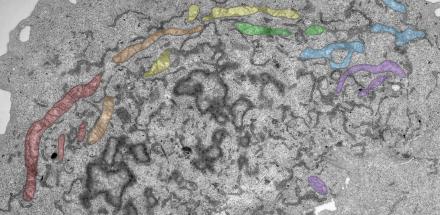
Photo credit: Dr. Jennifer Petersen.
Neurodegeneration is an increasing and unmitigated disease burden in our aging population. Among its causes are damaged mitochondria that accumulate with age, particularly in post-mitotic neurons and myocytes. Our group studies monogenic disorders to uncover mitochondrial stress responses that curb mitochondrial damage in neurodegeneration. Our focus includes PINK1 and Parkin, which form a stress-induced mitophagy pathway that targets damaged mitochondria for degradation. Mutations in these genes are the most common recessive forms of Parkinson’s disease, linking mitophagy to neurodegeneration. We are additionally focused on dominant mutations in the paralogs CHCHD2 and CHCHD10, which cause Parkinson’s disease, amyotrophic lateral sclerosis, frontotemporal dementia, and myopathy. In addition to enabling precision therapies for neurogenetic disorders, our work is uncovering fundamental mitochondrial stress responses to mitochondrial damage.

